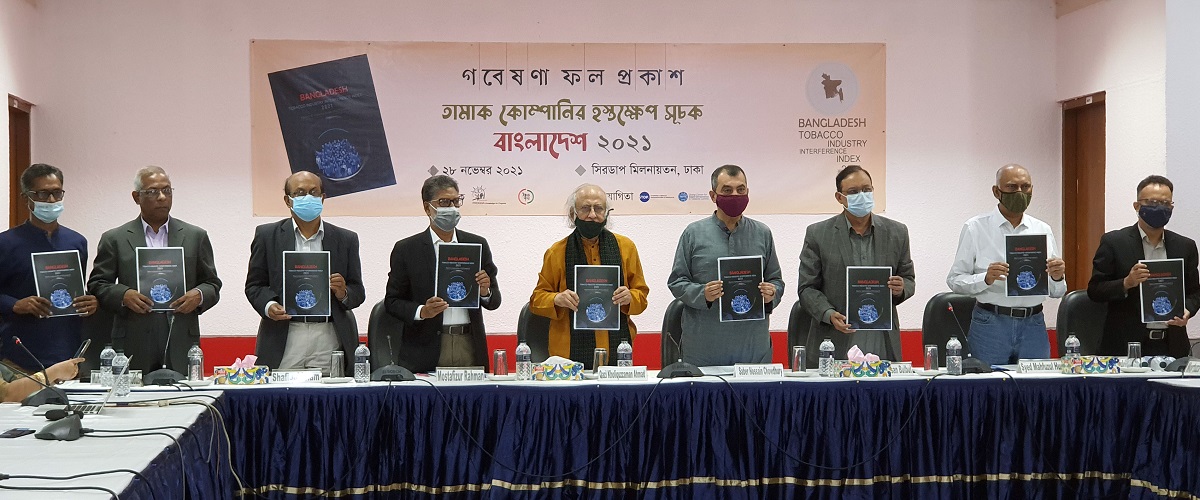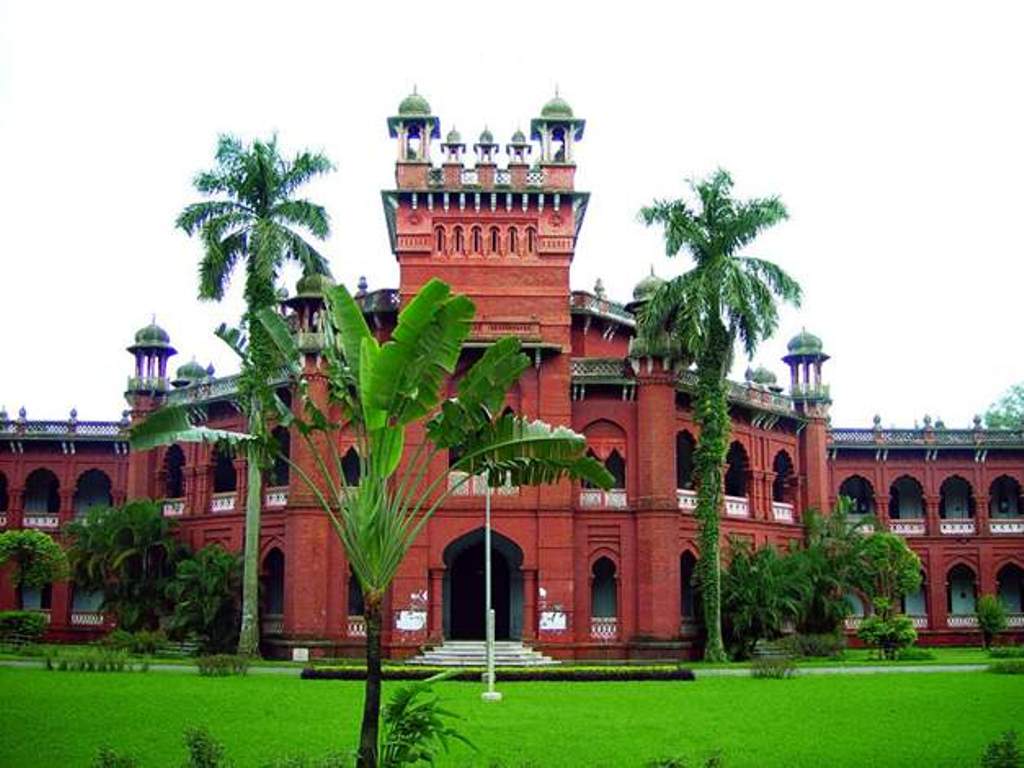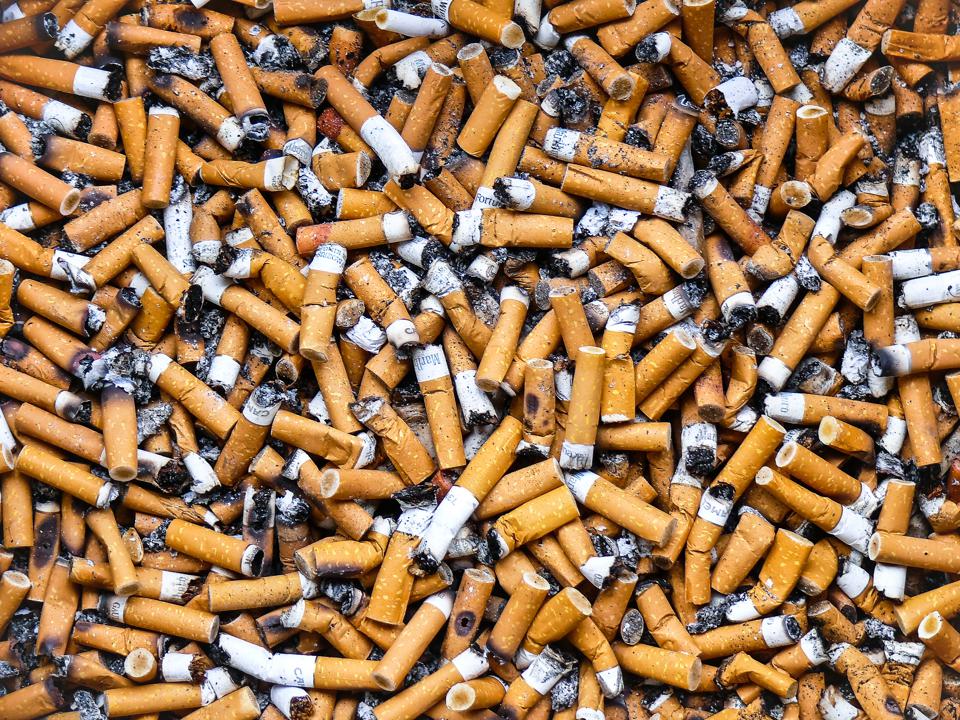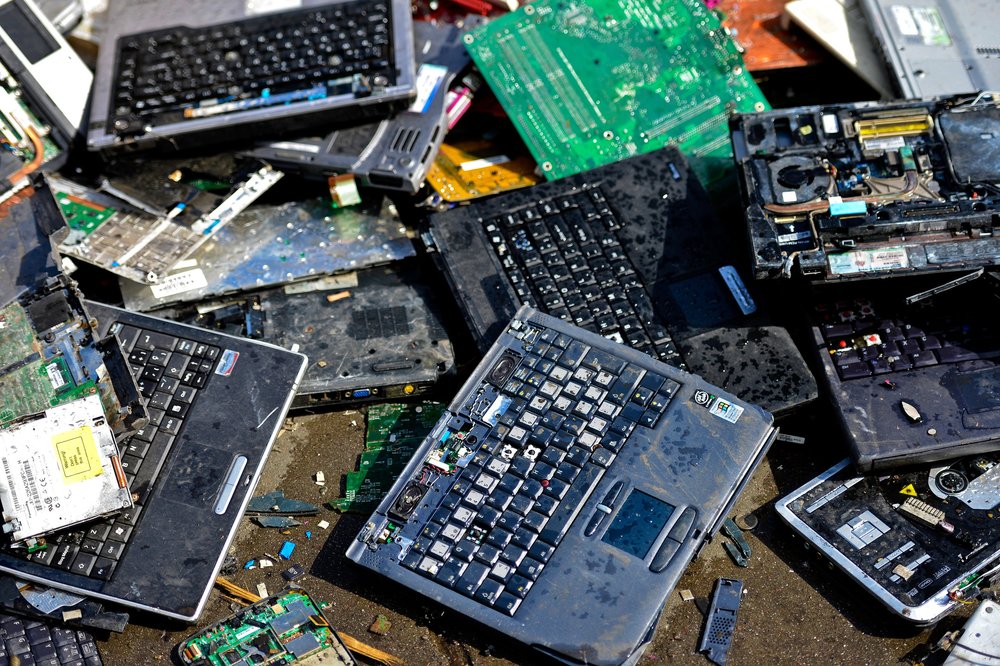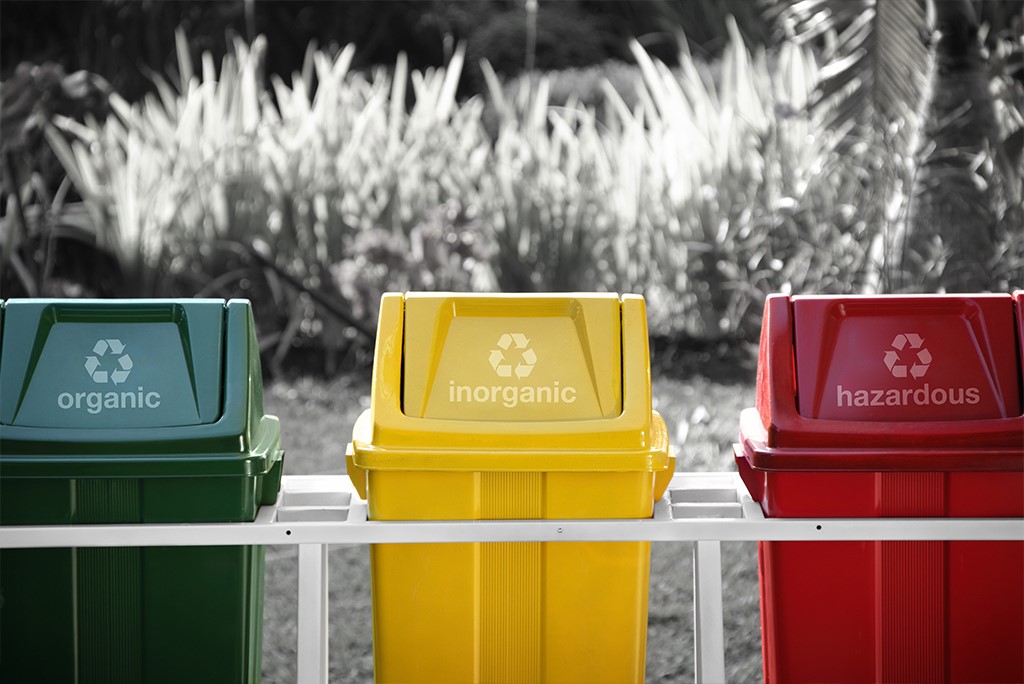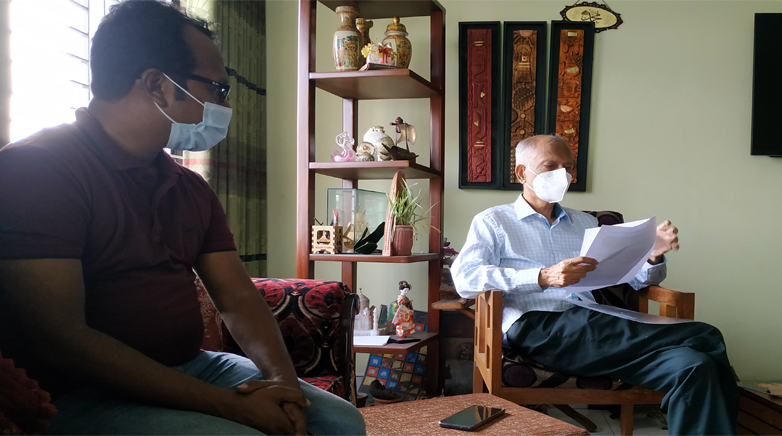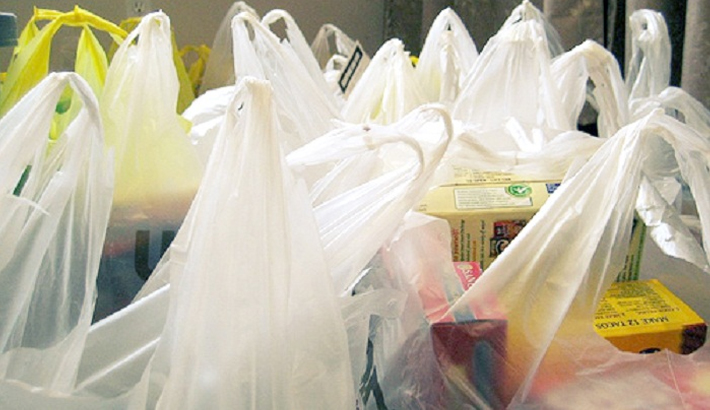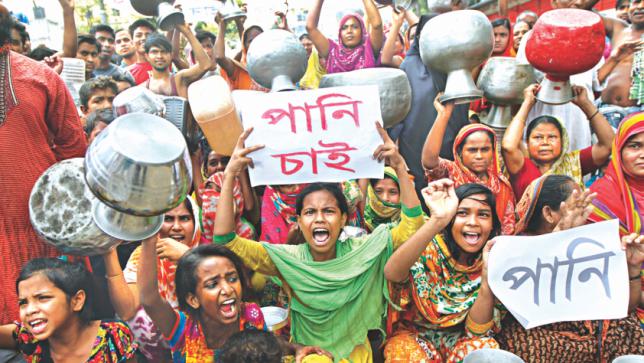The incessant interference from tobacco industry has put the public health of Bangladesh under substantial risk. The country’s score in the 2021 Tobacco Industry Interference Index stands at 72 which was 68 last year. The increase in score suggests a worsening trend in terms of tobacco industry interference. Due to aggressive activities of tobacco companies during the Covid-19 pandemic, the implementation of World Health Organization (WHO)’s Framework Convention on Tobacco Control (FCTC) and also the realization of Bangladesh’s own vision of being a tobacco-free country by 2040 are now under threat of being derailed. Such concerning facts and many more were brought to light today (28 November 2021, Sunday) as the research findings of ‘Tobacco Industry Interference Index: The FCTC Article 5.3 Implementation Report, Bangladesh 2021’ was unveiled during an event, jointly organized by research and advocacy organization PROGGA and Anti-Tobacco Media Alliance (ATMA) at the CIRDAP Auditorium, Dhaka.
The Chief Guest, Saber Hossain Chowdhury MP, the Chairman of the Parliamentary Committee on Environment, Forestry and Climate Change, said, “Tobacco is killing more people than COVID-19. Nonetheless, the government is yet to take effective tobacco control measures. The question arises whether the government bodies really hold the spirit of FCTC and the HPM’s vision of a tobacco-free country.” Eminent economist and the convener of the National Anti-Tobacco Platform, Dr. Qazi Kholiquzzaman Ahmad said, “Bangladesh has made very poor performance in the Global Tobacco Industry Interference Index. We also scored the poorest among our South Asian peers. Why did we perform so poorly?” To improve the situation, he demanded divestment of the government’s share in BATB and reinstatement of 25% export duty on tobacco. Prominent Journalist and Editor-in-Chief of TV Today Mr. Monjurul Ahsan Bulbul said, “Government bodies need to be sensitized so that they do not accept any aid from tobacco industry. Receiving donations from the tobacco industry is a clear violation of FCTC as well as in conflict with the declaration of the Prime Minister.”
The study findings show that Bangladesh has experienced an increase in tobacco industry interference during the study period (January 2020-March 2021) and there has been no progress in the implementation of Article 5.3 Guidelines. The time period has also seen a recurrence of tobacco industry’s attempt to interfere and exert influence in policymaking via diplomatic channel. On behalf of Japan Tobacco Inc. (JTI), the Ambassador of Japan to Bangladesh wrote a letter to the finance minister where the diplomat said, any tobacco control measure that may hurt business interest of JTI would cause a cessation of the flow of Japanese FDI into the country. The report covers another stark anti-public health move that took place during the early days of Covid-19 pandemic. In April 2020, the Ministry of Industry (MoInd) exempted two transnational tobacco companies, BAT Bangladesh (BATB) and JTI Bangladesh from the obligations of nationwide lockdown through a government order. The Ministry also instructed the local administration and law enforcement agencies to assist these companies to continue manufacturing, marketing, leaf purchase and other operations. MoInd also quickly turned down the Ministry of Health and Family Welfare (MoHFW)’s request to withdraw such special permissions granted to tobacco companies. Asian Tobacco (Pvt) Ltd, a Bangladeshi tobacco company, was allowed by Bangladesh Export Processing Zone Authority (BEPZA) to establish a cigarette and tobacco processing plant in Ishwardi Export Processing Zone, where the company would enjoy tax exemption and other lucrative facilities. Another notable incident was the endorsement from ten (10) Members of Parliaments (MPs) to the bidi industry’s demand for tax reduction in a Demi Official (DO) letter addressed to the finance minister.
The study also reveals that during the pandemic, tobacco companies ramped up their CSR activities to such a scale that was completely unprecedented. The companies successfully managed to exploit many crises created by Covid-19 pandemic to improve brand image and also to forge multi-faceted liaison with different influential government bodies while distributing protective and sanitizing equipment, thus making pathways for future interferences. Like previous years, the National Board of Revenue (NBR) and other government institutions, continued to shower tobacco companies with awards and recognitions.
The research has also put forth recommendations for amending tobacco control law to make it more compliant with FCTC, by including a comprehensive ban on tobacco companies’ CSR activities, among other issues. It also recommends elimination of cigarettes from the list of essential commodities by amending the 1956 Essential Commodities Act, formulation and implementation of a simple tobacco price and tax policy, divestment of the government’s share in tobacco companies, finalization of a code-of-conduct for relevant govt. officials in case of interaction with tobacco companies and their representatives, and withdrawal of all incentives provided to tobacco companies along with a ban on investments in tobacco business. The tobacco companies should also be declared ineligible for any government recognition and awards, the study recommends.
Notably, with a view to highlighting the importance of formulating a policy in line with FCTC Article 5.3 Guidelines, PROGGA (Knowledge for Progress) has been releasing the findings of Bangladesh Tobacco Industry Interference Index study since 2018. This year the study for global tobacco industry interference index has been conducted in 80 countries. Among these countries, Bangladesh ranked 62nd in the 2021 Global Tobacco Industry Interference Index. The latest report also reveals the concerning fact that tobacco industry interference in Bangladesh remained higher than any other country in South Asia. The study assesses how the government responded to industry interference and what measures it took to thwart such interference, on the basis of FCTC Article 5.3 Guidelines. The higher the score is, the stronger interference it suggests. This study was conducted as a part of Bloomberg Philanthropies’ Stopping Tobacco Organizations and Products (STOP) project and received overall support from the Global Centre for Good Governance in Tobacco Control (GGTC) at the School of Global Studies in Thammasat University.
The discussants include Dr. Mary Assunta, Head of Global Research & Advocacy, GGTC, Muhammad Shafiqul Islam, Bangladesh Country Advisor, Vital Strategies, Muhammad Ruhul Quddus, Bangladesh Country Coordinator, Global Health Advocacy Incubator (GHAI), CTFK, Md. Mostafizur Rahman, Lead Policy Advisor, Campaign for Tobacco-Free Kids (CTFK), Dr. Syed Mahfuzul Huq, National Professional Officer (NCD), World Health Organization (WHO), Syed Mahbubul Alam, Technical Advisor, The UNION and ABM Zubair, Executive Director, PROGGA. The welcome address was delivered by Mortuza Haider Liton, Chief Crime Reporter of bdnews24.com and convener of ATMA. Nadira Kiron, Chief Reporter, ATN News and Co-convener of ATMA, hosted the event whereas Md. Hasan Shahriar, Head of Tobacco Control, PROGGA, presented the findings.
